Rev. 7:2-4, 9-14; Ps. 24: 1-6; 1 Jn. 3:1-3; Matt. 5:1-12
The Beatitudes is our highway to heaven as Children of God in our mission to be called saints. John tells us “Everyone who has this hope based on him makes himself pure, as he is pure.” It is the hope of being called “Children of God” by living the life of sanctity. Today we celebrate All Saints those who made themselves pure to see God “as he is”, amazing, loving, joyful, even a little intimidating. How would you feel to see God as he is this moment?
“Allhollowtitle, allhollowtide” is the holy triduum of the dead! All Saints’ Eve, All Saints Day, and All Souls Day is the time to remember the dead including martyrs, saints and all the faithfully departed Christians.
Revelations identifies the Children of God as those who are “the children of Israel” and “a great multitude, which no one could count from every nation, race, people, and tongue…who have survived the time of great distress; they have washed their robes and made them white in the Blood of the Lamb”. These are the Children of God called to be saints who took the high road. We are saints in the making and the Beatitudes is our Highway to Heaven.
St. Thomas Aquinas describes four qualities of the glorified state after death we can attribute to all saints. The first is called “impassability” meaning we pass through this human condition of life only once where there is disease and death, never to go through it again. St. Paul says it is “sown in corruption and it shall rise in incorruption” in 1st Corinthians 15:42. We are pilgrims on a journey to sanctity and this is not our final destination.
Second is called “Subtlety” meaning we will have a spirit-like body as we read how Jesus appears to the disciples after his death and resurrection by passing through the door. We are not bound by physical matter yet we will possess a body. “Beam me up, Scotty” for those who remember the old TV series from Star Trek. This Highway to Heaven is a spiritual highway.
Third is called “Agility” meaning the glorified body will obey the soul with the speed of thought called teleportation, transported across space and distance instantly. “It shall rise in power” says 1st Corinthians 15:43. Even before death some saints had the power to bilocate meaning they appeared in places of great distance from where they were. Saint Padre Pio was known to bilocate and be at the bedside of someone who was dying. We are no longer bound by space and time and free to be present where the will desires, especially close to the suffering and those we love.
The fourth is called “Clarity” meaning the glorified state will be free from any deformity filled with beauty and radiance. This the light of Christ will shine brightly in the Children of God. “The just shall shine like the sun in the kingdom of their Father” (Mathew 13:43). I don’t know if beauty includes getting rid of some wrinkles and extra weight and looking young again. Think of the “deformity” of children with developmental conditions, mental illness, seizures, and all the health problems we suffer and being restored to be perfect as God is perfect.
Baptism gives us our “white robe” of sanctity which we stain with sin yet it is our hope to remain as Children of God by washing our robes in confession, in receiving the blood of the lamb in communion, and in living the beatitudes laid out by Jesus in the gospel. If we fall short in this life in making ourselves pure then there is purgatory which Dante describes as where we go to wash our baptismal robes of remaining sin.
Remember the three children of Fatima, Lucia, Jacinta and Francisco? Lucia asks Our Lady if she will go to heaven and Our Lady says yes, then if Jacinta will go to heaven and Our Lady says yes again, finally she asks if Francisco will go to heaven and Our Lady says he will need to say a lot of rosaries, make sacrifices and do penance. I am not sure if it has something to do with being a boy that we get ourselves into more trouble. We all could follow Our Lady’s desire to get to heaven by praying more, making sacrifices and doing penance. We don’t have to wait for Lent to offer some sacrifice for our sins and the sins of the world.
When someone is sick, we often ask others to keep them in their prayers as we pray for them also. Prayers give us hope and bring healing to the sick. There have been studies in science where there are two groups of patients, one is being prayed for and the other receives just follow-up care. The group that receives the intervention of prayer recovers better with less complications that the control group. Pray, offer a sacrifice, and even an act of penance, the trifecta for God hears the cry of the poor.
Last week’s gospel, Jesus gives us the two parts of the great commandment, the love of God united to the love of neighbor. Today he lays out the attributes of the Children of God in the beatitudes. “Blessed are the peacemakers, for they will be called children of God” says Jesus. Who keeps the peace at home? Is our home where we go to retreat from the world our taste of heaven on earth or are, we wanting to run away from home tired from yelling, arguing, and even fighting to be heard and understood? Do we hear ourselves or others saying “my way or the highway” that is the highway to hell? Our nerves scream “listen to me” and our hearts are saying love is patient, love is kind. Love is not the easy road and neither are the Beatitudes because they represent an act of love but it is the road to sainthood.
This month a young schoolboy named Carlo Acutis became “Blessed Carlo Acutis” by the Church. He is the first millennial to be one step away from canonization as a saint for all those millennials out there and there is a lot of you. Born in 1991 he only lived to be 15. He taught himself to be a computer programmer and developed a website for documenting Eucharistic Miracles and had a deep devotion to the Eucharist. He claimed the Eucharist was his “highway to heaven”. He was beatified October 10, 2020 in the Basilica of St. Francis Assisi in Italy. He was considered a “computer geek” but he also was a normal kid who liked soccer and playing PlayStation. He wanted to use the media to evangelize. He will be the patron saint of computer programmers which is quickly becoming taught to kids, the next must have essential skill. Think you can’t be a “normal kid” and a saint think again.
Pope Francis’s exhortation Rejoice and Be Glad explores the meaning of the Beatitudes and we could call him the Pope of the Beatitudes for his focus on the blessed who are poor, meek, and merciful. He reminds us that sanctity is a life for everyone to live right there where we are. We are saints in the making. How? By living the commandments, the sacramental life of the church, and remaining in the presence of God through prayer. Pray, pray, and pray more.
Remember being a child or if you are a child or even as an adult yet a child at heart and wanting to go on those carnival rides that give us just the right amount of thrills and fear? Our stomach turns and our heart races but the joy of living the ride makes us want to do it again. We are called to joy of living the ride of sanctity as children of God, don’t miss the opportunity to ride the “highway to heaven.”
To end let us remember who remained on the highway to heaven from conception to her Assumption, our Blessed Mother Mary. She is a sign that with God all things are possible. Amen.
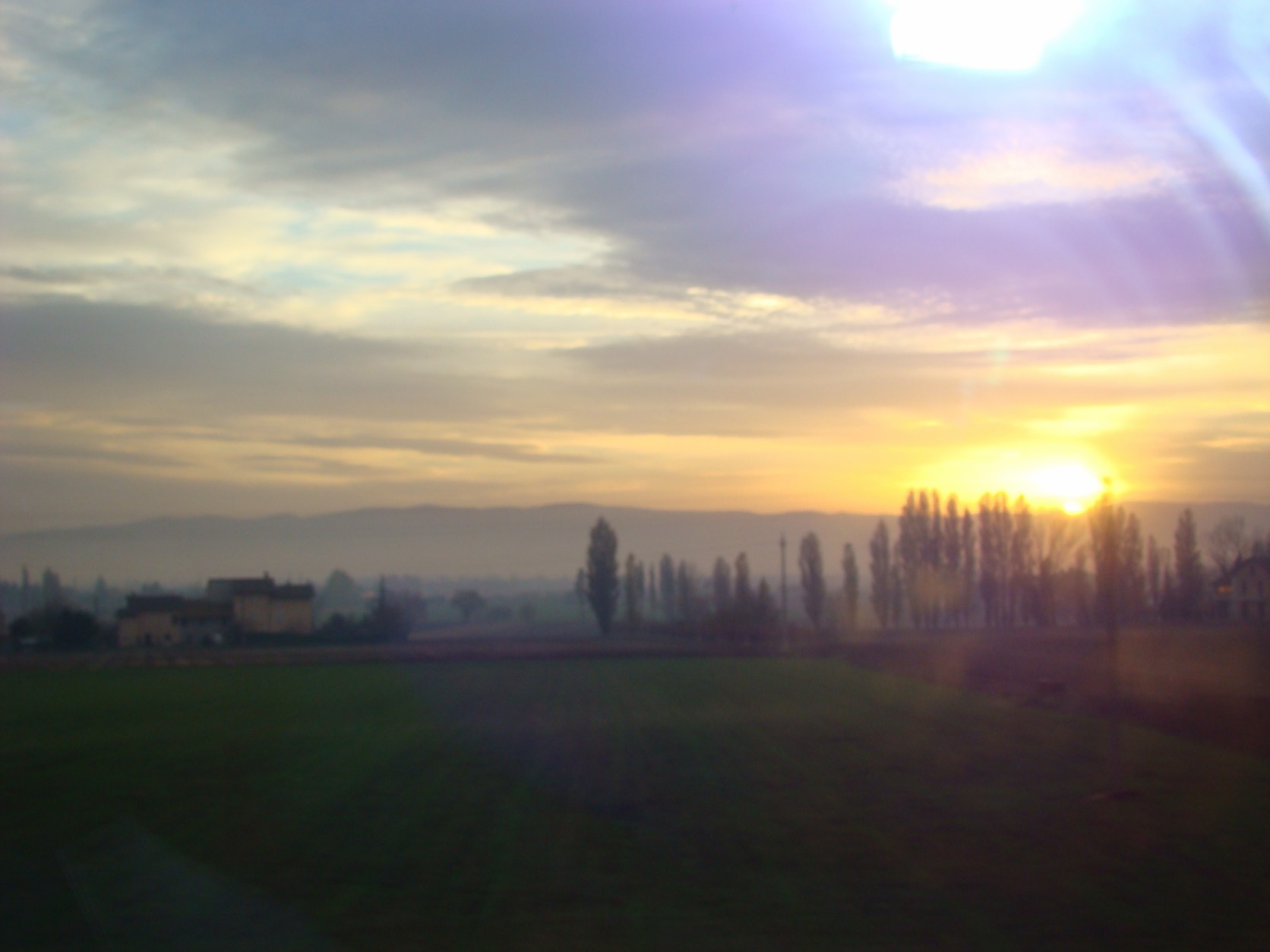


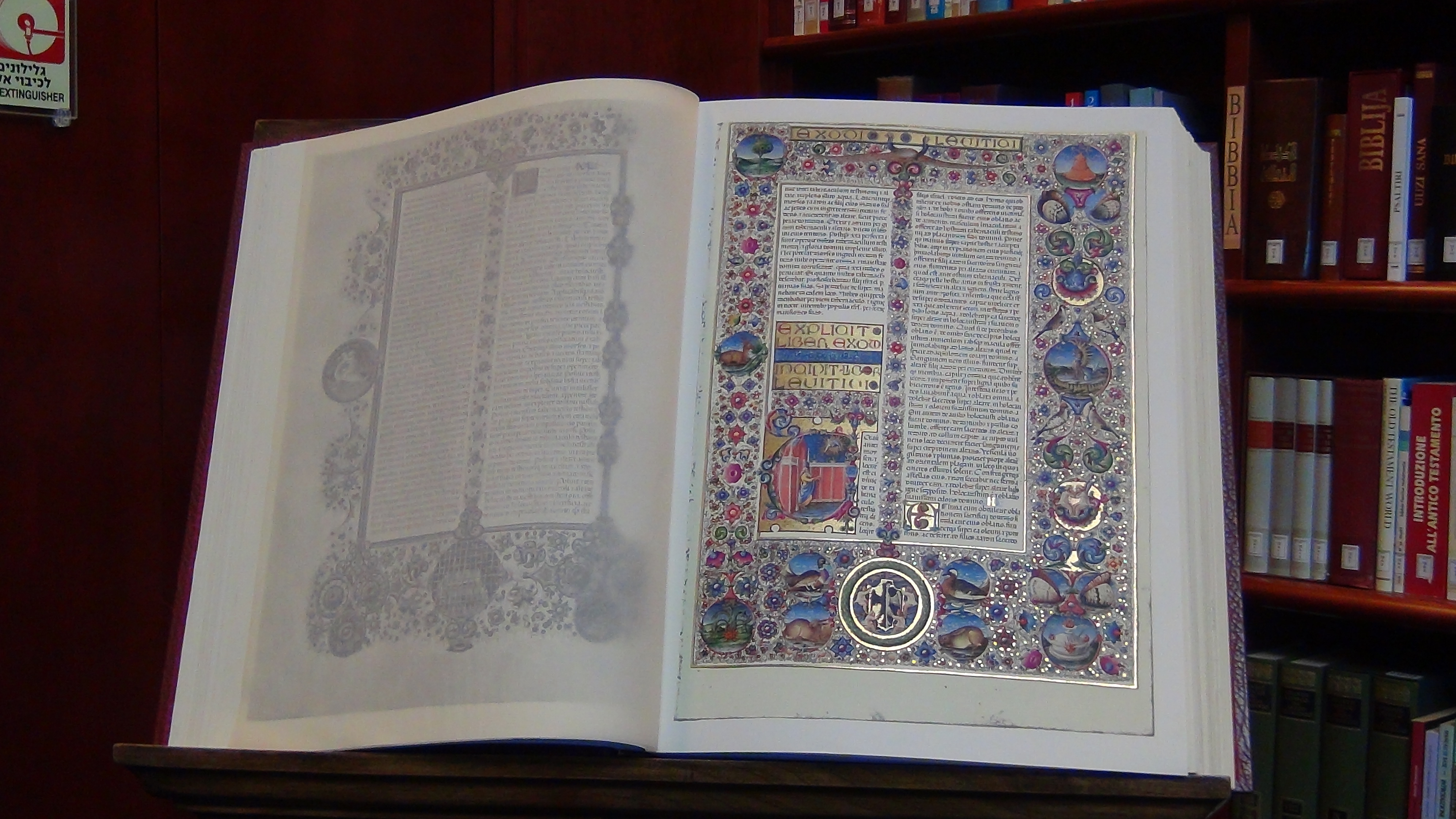

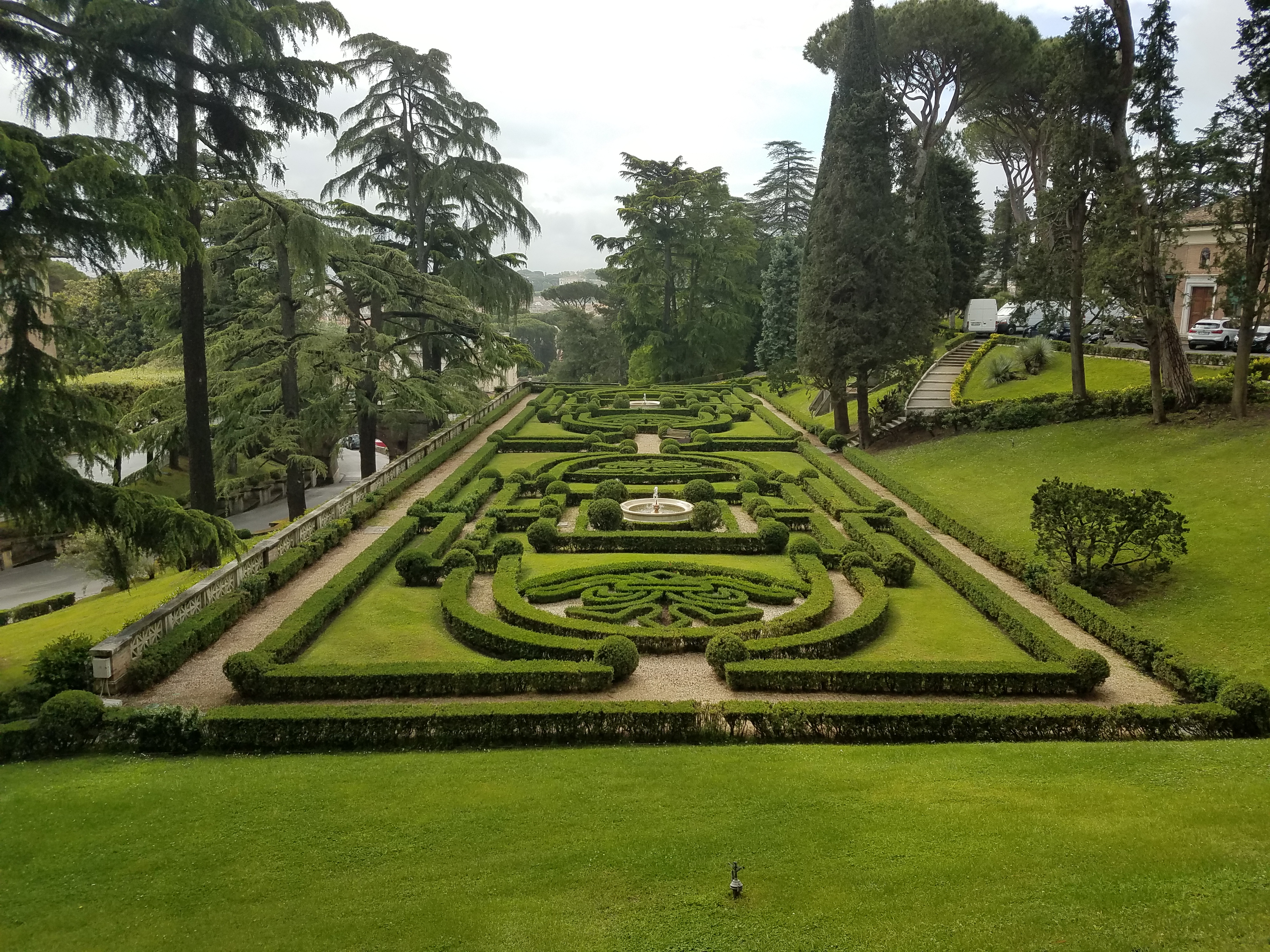

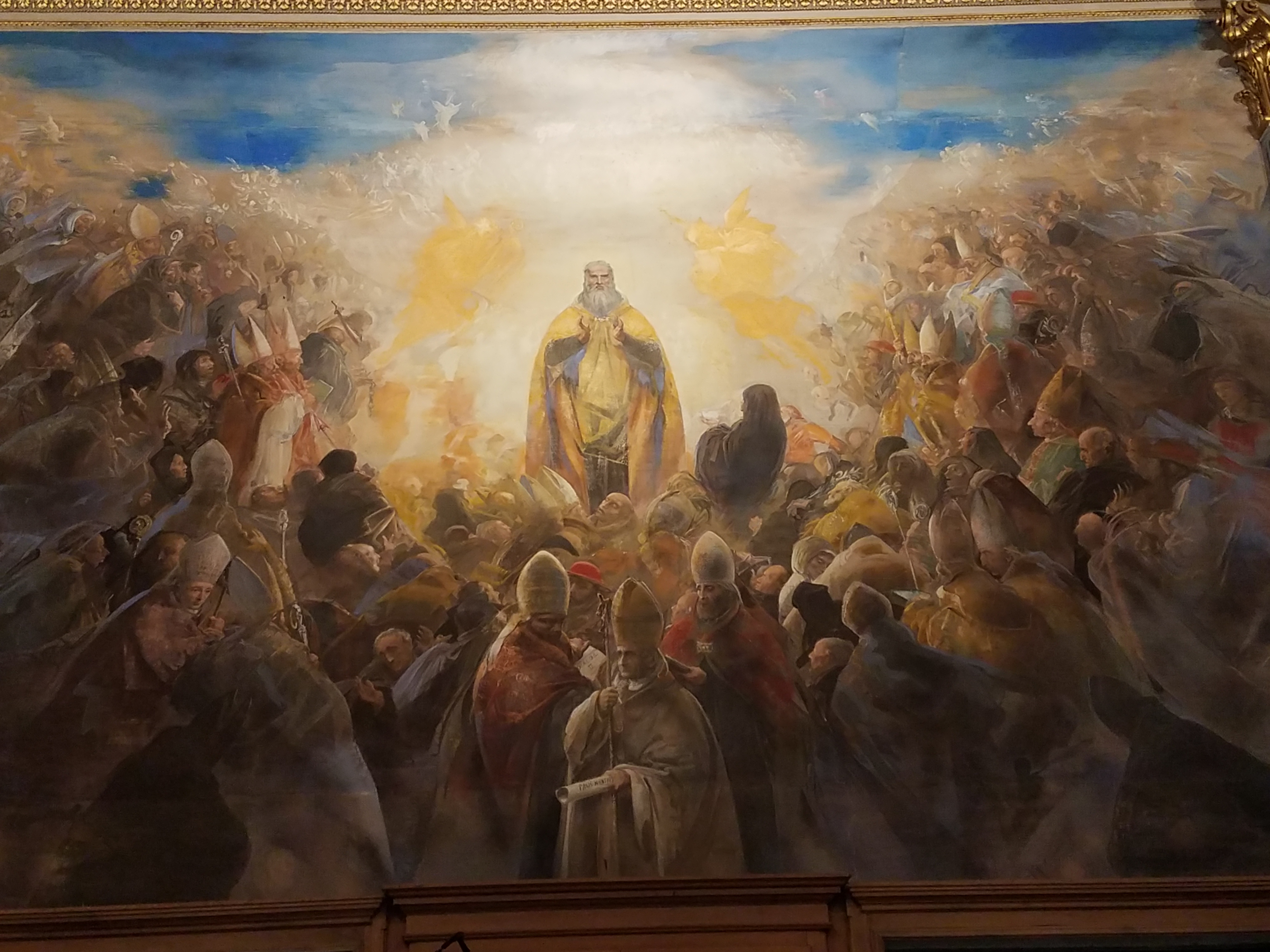

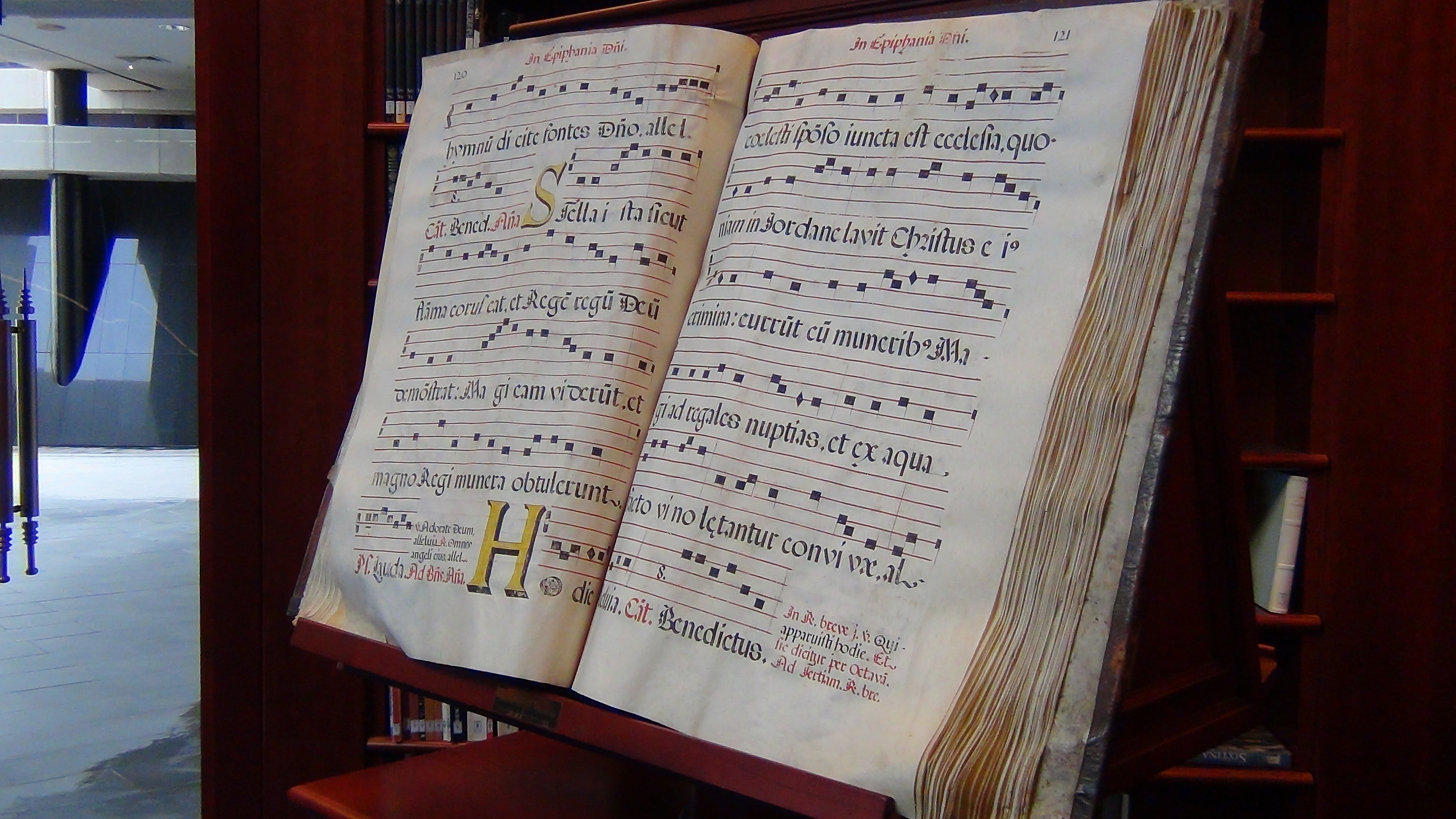

Recent Comments